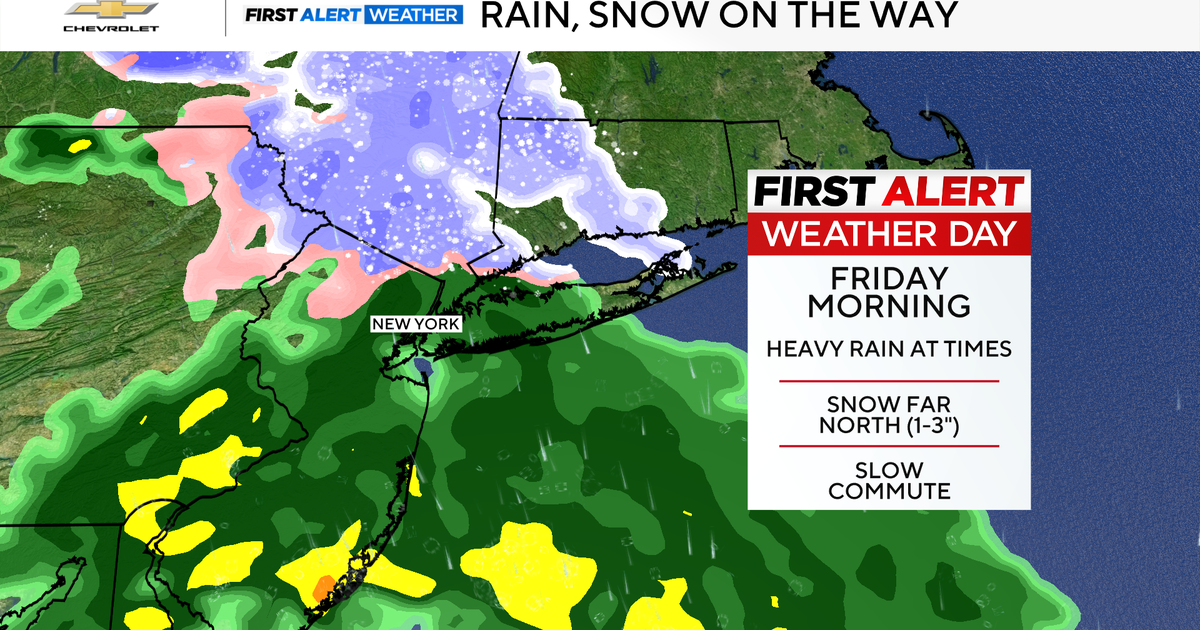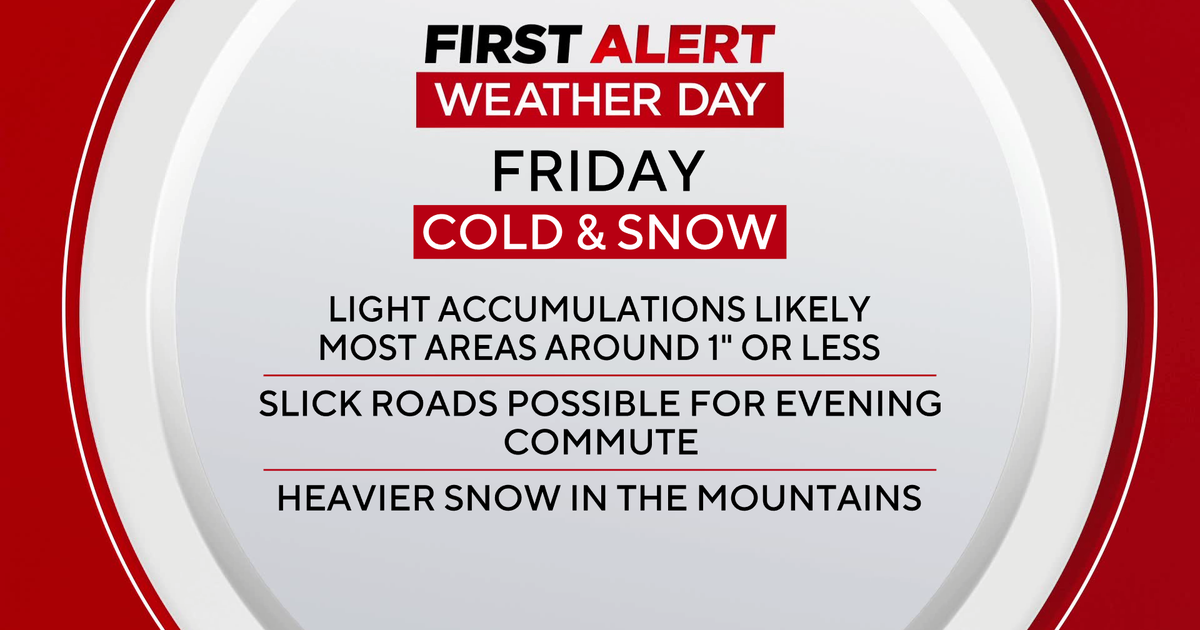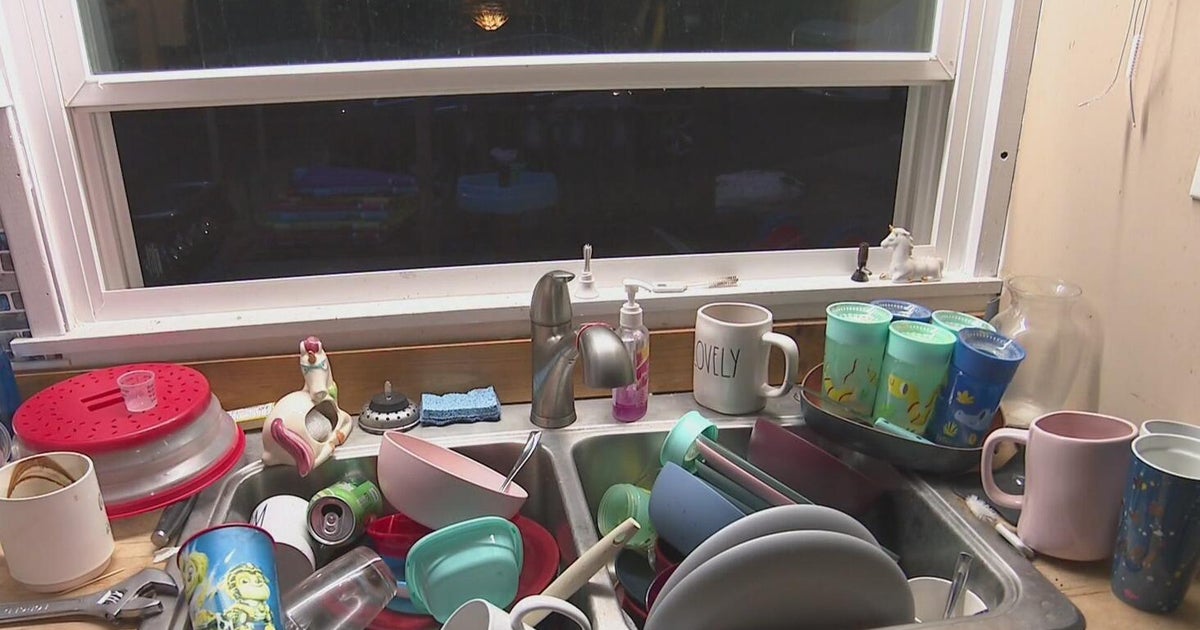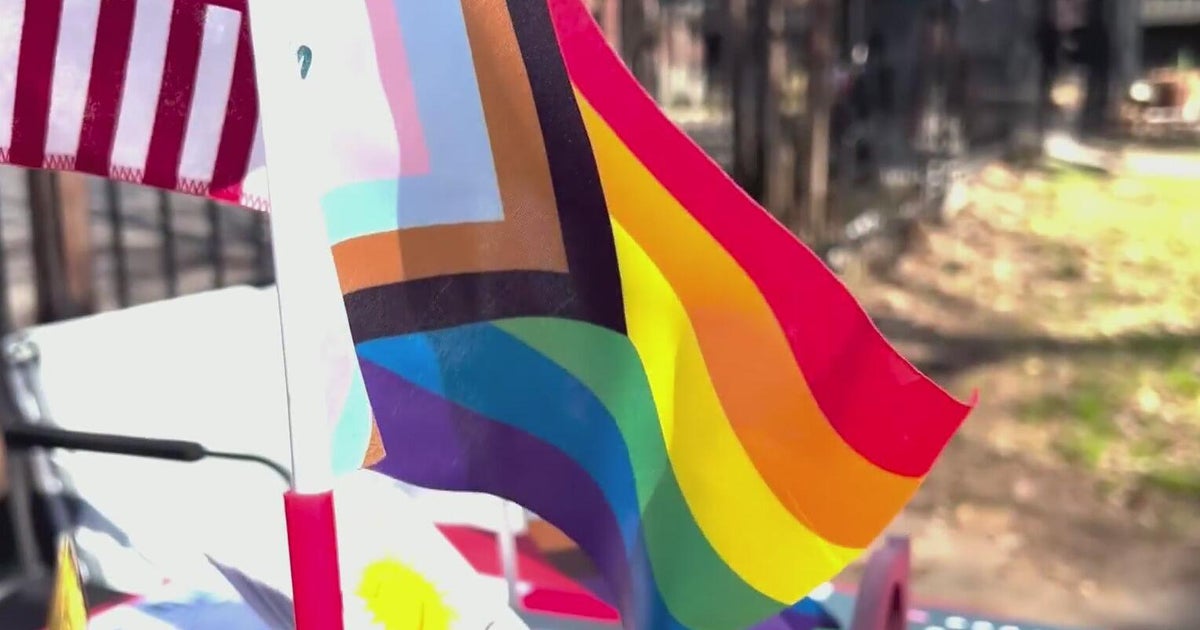Gardening 101: Better plants, smaller water bills
NORTH TEXAS (CBNewsTexas.com) - When a Water Utility wants to reduce consumer use of municipal water, the first place they look is at your yard.
Water use can double or triple during the summer months, this extra water is going to outdoor use. The most successful way for a city to reduce water use is to mandate water restrictions. Most of them ask their consumers to reduce outdoor watering to twice a week outside the heat of the day.
But more can be done in reducing the demand for that water by using the right plants.
Over the years, many of my Gardening 101 stories have centered on what plants are good choices for North Texas.
A good choice is almost always a native or adapted plant to the area. The biggest tests for any plant here are the wide range of temperatures and the occasional drought.
Summer heat kills more plants than just about anything mother nature throws at us. The Upper Trinity Regional Water District teaches by example.
They have planted and maintained demonstration gardens at their headquarters in Lewisville for the last decade. Using a combination of native and adapted plants, they show examples of English, Hill Country and Japanese gardens. All three represent a responsible use of water. The plants they incorporate are all drought-hardy and minimize the use of fertilizer and insecticides. This lessens water demand and helps with water quality as it minimizes run-off pollution.
Like many municipal water suppliers, they draw supply from their own watershed. Cleaner water makes for safer water.
Everyone must pitch in if North Texans want to reduce water use.
With the ever-expanding population, water supply will be crucial to our economic health.
We can all start by reducing our outdoor water use in our yards. Try to get your yard down to one-third turf (grass uses the lion's share of water). Plant only native and adapted plants that can handle our hot and dry summers. Change over to drip irrigations.
All of us doing a little bit goes a long way toward a better future.







